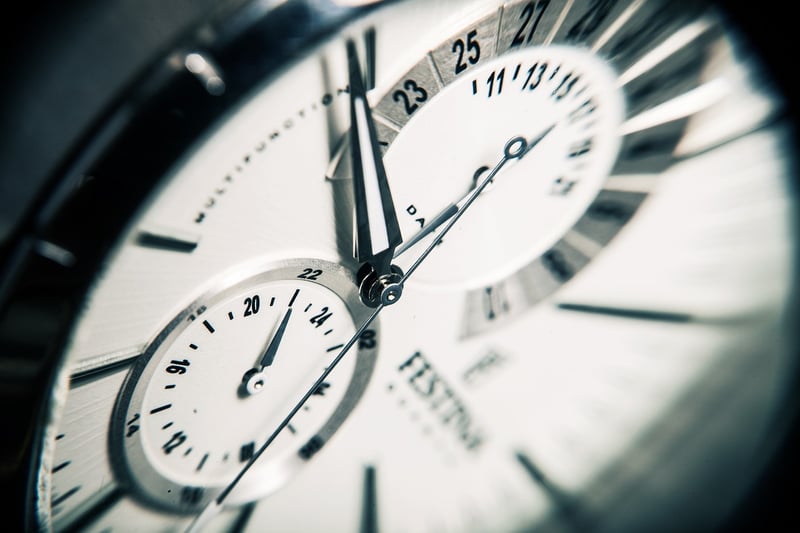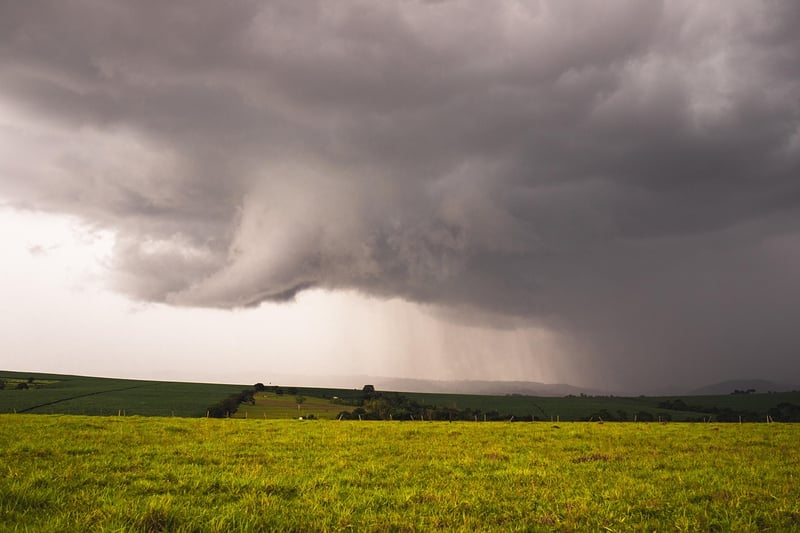Temporal Rules
Understanding Time Travel Laws and Temporal Rules
Time travel has been a popular concept in science fiction for decades, but what if it were possible in real life? The idea of traveling through time raises numerous questions about the laws and rules that would govern such a phenomenon. Let's explore some of the theoretical time travel laws and temporal rules that may apply:
1. The Grandfather Paradox
The Grandfather Paradox is a common time travel conundrum that suggests if a person were to travel back in time and prevent their grandfather from meeting their grandmother, then the time traveler would never be born. This paradox raises questions about the possibility of altering the past and the consequences it could have on the future.
2. Fixed Timeline vs. Dynamic Timeline
Time travel theories often revolve around the idea of a fixed timeline, where events cannot be changed no matter what actions are taken in the past. On the other hand, a dynamic timeline allows for changes to be made in the past, which can create alternate timelines or parallel universes.
3. Causality and Ripple Effects
Traveling through time could lead to unforeseen consequences due to causality and ripple effects. A small change in the past could have significant repercussions on the present and future, leading to a domino effect of changes that may be impossible to predict.
4. Temporal Prime Directive
Similar to the Prime Directive in Star Trek, the Temporal Prime Directive is a hypothetical rule that time travelers should adhere to, prohibiting them from interfering with the natural flow of time and altering historical events. This directive aims to prevent disruptions that could have catastrophic consequences.
5. Multiverse Theory
The Multiverse Theory suggests that every possible outcome and decision branches off into a new universe, creating an infinite number of parallel universes. Time travel in this context would involve navigating through these alternate realities, each with its own set of laws and rules.
Conclusion
While time travel remains a theoretical concept, exploring the potential laws and rules that could govern it sparks fascinating discussions about the nature of time, causality, and the fabric of reality. Whether time travel will ever become a reality or remain a product of imagination, the exploration of its laws and temporal rules continues to captivate the human mind.

